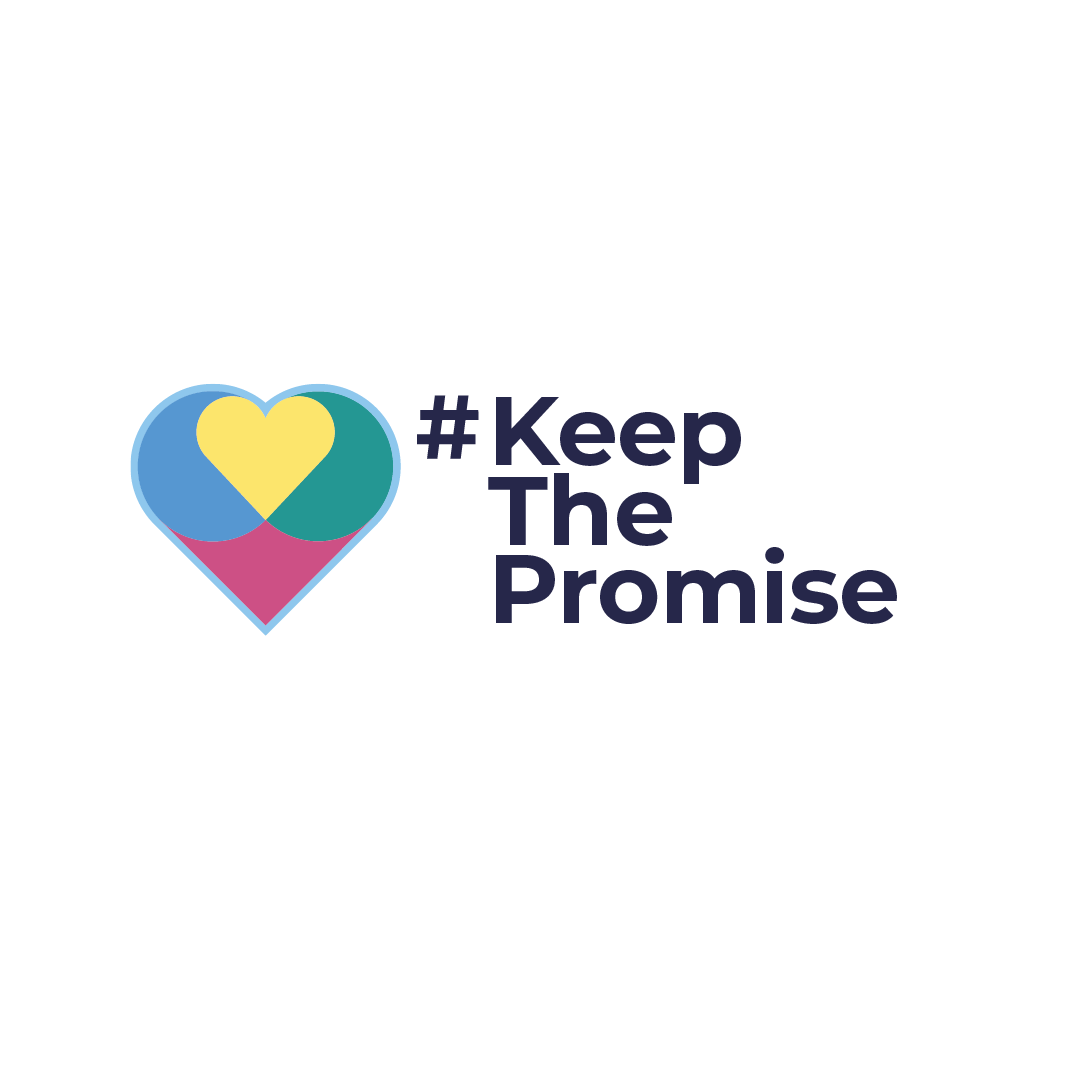Professionals and Practitioners
This digital resource tells the story of how our brains interpret the world around us and how this translates in our bodies, emotions and behaviours. It has been designed to be used by professionals working with young people interested in learning more about the science of conflict and boosting their wellbeing.

Types of Coping Skills
Summary
- Coping skills can be groups under three headings: emotional, cognitive and solution-focused.
- Emotional coping skills encompass a range of strategies and techniques individuals employ to manage and regulate their emotions in response to stressors or challenging situations.
- Emotional coping skills include: Emotional Approach Coping, Deep Breathing Exercises, Grounding Exercises and Physical Exercise.
- Cognitive coping skills are instrumental emotional coping mechanisms that involve reshaping one's thoughts and beliefs to manage stressors effectively. These skills centre on identifying and challenging negative or irrational thought patterns that contribute to emotional distress.
- Cognitive coping skills include: CBT, Cognitive Restructuring, Positive Affirmations and Distraction.
- Solution-focused coping skills are a strategic approach to managing stress and adversity by focusing on practical solutions and positive outcomes. Solution-focused coping encourages individuals to identify achievable goals and take proactive steps to address challenges.
- Solution-focused coping skills include: Collaborative Problem-Solving and Time Management and Boundary Setting.
In this article, we talk about coping mechanisms, focusing on emotional, cognitive, and solution-focused coping skills, explaining what they are before giving examples of the various coping skills.
Emotional Coping Skills
Emotional coping skills encompass a range of strategies and techniques individuals employ to manage and regulate their emotions in response to stressors or challenging situations. These skills involve the ability to recognise and acknowledge one's emotions, as well as implementing effective techniques to cope with them constructively.
Emotional coping skills enable individuals to navigate difficult circumstances with resilience and adaptability, fostering emotional well-being and facilitating healthier relationships with oneself and others.
From mindfulness practices to expressive arts therapies, emotional coping skills empower individuals to process and channel their emotions in productive ways, ultimately enhancing their capacity to cope with adversity and thrive in the face of life's challenges.
Emotional Approach Coping
Emotional approach coping is a valuable emotional coping skill that involves actively engaging with and processing emotions in response to stressors or challenging situations. Unlike avoidance or suppression, emotional approach coping encourages individuals to confront and express their feelings in a constructive manner. This approach acknowledges the importance of emotional expression and validation in promoting psychological well-being.
Emotional approach coping strategies may include seeking support from loved ones, expressing emotions through creative outlets such as art or writing, or engaging in activities that promote emotional regulation, such as mindfulness or relaxation techniques.
By embracing and navigating their emotions with courage and resilience, individuals can cultivate greater self-awareness, emotional regulation, and ultimately, a sense of empowerment in coping with life's ups and downs.
Coping skills can be groups under three headings: emotional, cognitive and solution-focused.
Deep Breathing Exercises
Deep breathing exercises involve intentionally slowing down and deepening one's breath to promote relaxation and reduce stress. By focusing on inhaling deeply through the nose, filling the lungs with air, and exhaling slowly through the mouth, individuals can activate the body's relaxation response. Deep breathing exercises can be practiced anywhere, making them a convenient tool for managing stress in various situations.
This technique helps to calm the sympathetic nervous system, which is responsible for the body's stress response, while simultaneously activating the parasympathetic nervous system, which promotes relaxation. Regular practice of deep breathing exercises can result in decreased heart rate, lowered blood pressure, and reduced muscle tension, leading to a sense of calm and inner peace.
There are several breathing exercises that are particularly helpful with stress such as ‘4-7-8 breathing’ and ‘long exhaling’ (see References and Further Reading for more information). Incorporating deep breathing exercises into daily routines can empower individuals to navigate stressful situations with greater ease and resilience, ultimately promoting overall well-being and emotional balance.
Grounding Exercises
Grounding exercises are an invaluable emotional coping skill that involves anchoring oneself in the present moment to alleviate feelings of anxiety, stress, or dissociation. These techniques typically use sensory experiences, such as touch, sight, sound, taste, or smell, to reconnect individuals with their immediate surroundings. By focusing on tangible sensations, such as the feeling of the ground beneath their feet or the rhythmic pattern of their breath, individuals can interrupt cycles of thought and restore a sense of stability and control. Grounding exercises serve to ground individuals in reality, providing a sense of safety and grounding during moments of distress or when they feel overwhelmed. Whether through mindfulness-based practices or sensory grounding techniques, incorporating grounding exercises into daily routines empowers individuals to navigate challenging emotions with greater resilience and presence.
Physical Exercise
Exercise serves as a potent emotional coping skill by harnessing the powerful connection between physical activity and mental wellbeing. Engaging in regular exercise releases endorphins, neurotransmitters in the brain that act as natural mood lifters, promoting feelings of happiness and relaxation while simultaneously reducing stress and anxiety. Furthermore, exercise offers individuals a constructive outlet for releasing pent-up tension and frustration, allowing them to channel their energy in a productive and healthful manner.
Whether through cardiovascular activities like running or cycling, strength training, yoga, or even simply taking a brisk walk, exercise has been shown to enhance cognitive function, boost self-esteem, and improve overall mood. By incorporating exercise into their routine, individuals can cultivate greater resilience, emotional balance, and overall well-being, empowering them to effectively cope with life's challenges.
Cognitive Coping Skills
Cognitive coping skills are instrumental emotional coping mechanisms that involve reshaping one's thoughts and beliefs to manage stressors effectively. These skills centre on identifying and challenging negative or irrational thought patterns that contribute to emotional distress. By cultivating a more adaptive and realistic mindset, individuals can reframe their interpretation of stressful situations, thereby reducing emotional reactivity and promoting a sense of control.
Cognitive coping skills encompass techniques such as cognitive restructuring, which involves replacing distorted thoughts with more balanced and constructive ones, as well as positive affirmations and cognitive distancing. Through consistent practice, individuals can develop greater resilience and emotional regulation, empowering them to confront challenges with clarity, optimism, and cognitive flexibility.
Cognitive Behavioural Therapy (CBT)
CBT stands as a cornerstone in the realm of cognitive coping skills, offering individuals practical tools to address and manage a wide array of psychological challenges. At its core, CBT operates on the premise that our thoughts, emotions, and behaviours are interconnected, and by modifying our thought patterns, we can positively influence our emotional responses and coping strategies. Through structured interventions and techniques such as cognitive restructuring, individuals learn to identify and challenge maladaptive thought patterns and beliefs, replacing them with more realistic and constructive alternatives. Additionally, CBT incorporates behavioural strategies to reinforce adaptive coping behaviours and promote lasting change. By equipping individuals with the skills to recognize and modify their cognitive processes, CBT empowers them to navigate life's challenges with greater clarity, resilience, and emotional wellbeing.
Cognitive Restructuring
Cognitive restructuring is a fundamental cognitive coping skill that involves identifying and challenging negative or irrational thought patterns to promote more balanced and adaptive thinking. This technique operates on the basis that our thoughts influence our emotions and behaviours, and by altering our thinking patterns, we can positively impact our emotional responses and coping strategies. Cognitive restructuring typically involves recognising distorted thoughts, such as catastrophizing or over-generalization, and replacing them with more accurate and constructive interpretations of the situation. Through systematic questioning and evidence-gathering, individuals can challenge their automatic negative thoughts and cultivate a more realistic and optimistic outlook. By consistently practicing cognitive restructuring, individuals can develop greater resilience, emotional regulation, and coping efficacy, enabling them to navigate life's challenges with greater clarity and adaptability.
Positive Affirmations
Positive affirmations are a cognitive coping skill that involves intentionally cultivating and repeating positive statements to foster a more optimistic and empowering mindset. By affirming one's inherent worth, strengths, and capabilities, individuals can counteract negative self-talk and cultivate self-compassion. Positive affirmations serve to challenge and replace self-limiting beliefs with more empowering and supportive ones, promoting a sense of self-efficacy and resilience in the face of challenges. Whether used to boost confidence, manage anxiety, or cultivate gratitude, the regular practice of positive affirmations can reshape neural pathways, reinforcing positive thought patterns and enhancing emotional wellbeing. By incorporating positive affirmations into daily routines and self-care practices, individuals can harness the transformative power of words to nurture a more positive and empowering relationship with themselves, ultimately promoting greater emotional resilience and wellbeing.
Distraction
Distraction is a cognitive coping skill that involves redirecting one's attention away from stressors or negative thoughts towards more neutral or positive stimuli. By engaging in activities that absorb attention and focus, individuals can temporarily alleviate emotional distress and reduce rumination. This strategy capitalizes on the brain's limited capacity to attend to multiple stimuli simultaneously, effectively shifting the focus away from overwhelming thoughts or emotions. Common distraction techniques include engaging in hobbies, listening to music, watching a movie, or spending time with loved ones. While distraction does not directly address underlying cognitive processes or beliefs, it can serve as a helpful short-term coping strategy to provide relief from distress and promote a sense of psychological well-being.
Solution-Focused Coping Skills
Solution-focused coping skills are a strategic approach to managing stress and adversity by focusing on practical solutions and positive outcomes. Rather than dwelling on problems or getting caught up in negative emotions, solution-focused coping encourages individuals to identify achievable goals and take proactive steps to address challenges. This approach emphasizes leveraging strengths, resources, and past successes to find creative solutions and overcome obstacles. Solution-focused coping skills involve collaborative problem-solving, setting realistic goals, and implementing action plans to effect positive change. By shifting the focus from problems to solutions, individuals can cultivate a sense of agency and empowerment, fostering resilience and adaptive coping strategies. Solution-focused coping skills enable individuals to approach difficulties with a sense of optimism and determination, ultimately leading to greater satisfaction.
Collaborative Problem-Solving
Collaborative problem-solving emphasises teamwork, communication, and mutual respect in addressing challenges. Rather than approaching problems from a unilateral perspective, collaborative problem-solving involves engaging all stakeholders in an open and constructive dialogue to identify shared goals and generate creative solutions. This approach fosters a sense of empowerment and ownership among individuals, as they work together to brainstorm ideas, evaluate alternatives, and implement action plans. Collaborative problem-solving promotes active listening, empathy, and compromise, facilitating a deeper understanding of each other's perspectives and needs. By harnessing the collective wisdom and resources of the group, collaborative problem-solving not only yields effective solutions but also strengthens relationships and fosters a supportive and resilient community.
Time Management and Boundary Setting
Time management and boundary setting enable individuals to prioritise tasks effectively, allocate resources efficiently, and establish clear boundaries to protect their wellbeing. By proactively managing their time, individuals can minimize stress by ensuring that important tasks are completed in a timely manner and unnecessary distractions are minimized. Additionally, boundary setting involves identifying personal limits and communicating them assertively to others, thereby safeguarding against overcommitment and burnout. By setting realistic expectations for themselves and others, individuals can maintain a healthy work-life balance and cultivate a sense of control over their environment. Time management and boundary setting not only promote productivity and goal attainment but also foster self-care and resilience, empowering individuals to navigate life's challenges with clarity and purpose.
References and Further Reading
- Nine effective breathing exercises for anxiety by Clare Gridley. Priory, 2024.
- 5 Emotion-Focused Coping Techniques for Stress Relief by Elizabeth Scott, PhD. Very Well Mind, 2022.
- Healthy Coping: 24 Mechanisms & Skills for Positive Coping by Tiffany Sauber Millacci, Ph.D. Positive Psychology, 2017.
- CBT Coping Skills and Strategies by Matthew Tull, PhD. Very Well Mind, 2024.
- 9 CBT Techniques for Better Mental Health by Ann Pietrangelo. Healthline, 2019.
- 7 Solution-Focused Therapy Techniques and Worksheets by Kelly Miller. Positive Psychology, 2019.





